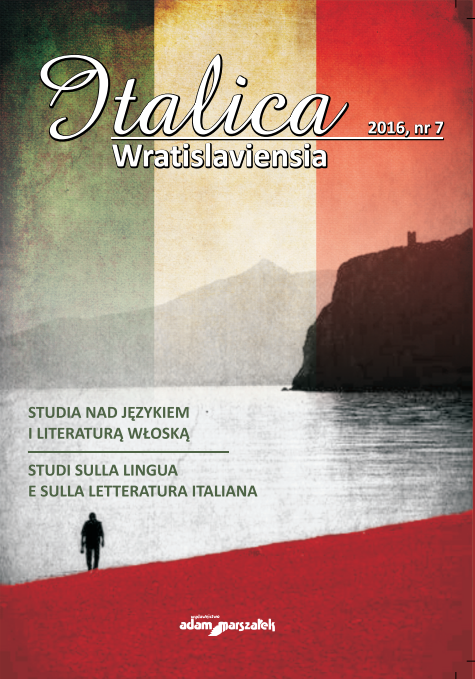L’ eroismo dimidiato: alcune riflessioni sull’autobiografismo ne "Il Sergente nella neve" di Mario Rigoni Stern
The Halved Heroism: Some Reflections on Autobiographism in Mario Rigoni Stern’s "Il sergente nella neve"
Author(s): Chrisiano BedinSubject(s): Language and Literature Studies, Studies of Literature
Published by: Wydawnictwo Adam Marszałek
Keywords: Mario Rigoni Stern; World War II; autobiography; heroism; soldier
Summary/Abstract: This article aims to analyse the image that the writer Mario Rigoni Stern wants to give of himself as a soldier abandoned to his fate during the disastrous Russian campaign of 1942–1943. Hence, this paper begins by mentioning the importance of autobiographism in neorealist literature after World War II. In the first part of the article, works by Paul Ricœur, Philippe Lejeune, Ivan Tassi, and Maria Anna Mariani will be considered in order to emphasise that, in autobiographical books, the writer “builds”, “transforms”, his or her own image according to a specific ideology. Following this premise, the analysis of Il sergente nella neve, according to the contemporary theories of autobiography, aims to highlight the image that the writer wants to give of himself as a soldier, an image simultaneously humanised and heroised. In fact, in his own humanity, Rigoni Stern’s hero tragically takes on an epic dimension. Thus, it can be concluded that the inhuman effort of a man who is left alone in front of a hostile nature and a powerful enemy creates a new example of the epic hero. Furthermore, the self-image modelled in this text is presented as an individual who is fighting not only for his own survival, but also for the survival of his companions. He is a leader to follow and a reference point, a soldier who does not fight for a political cause, but for greater values, like friendship, love, or honour.
Journal: Italica Wratislaviensia
- Issue Year: 7/2016
- Issue No: 1
- Page Range: 17-32
- Page Count: 16
- Language: Italian

